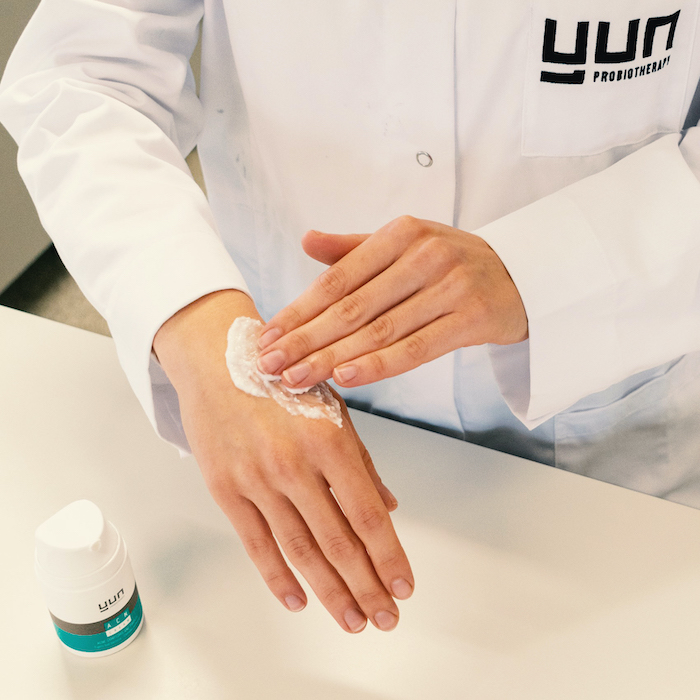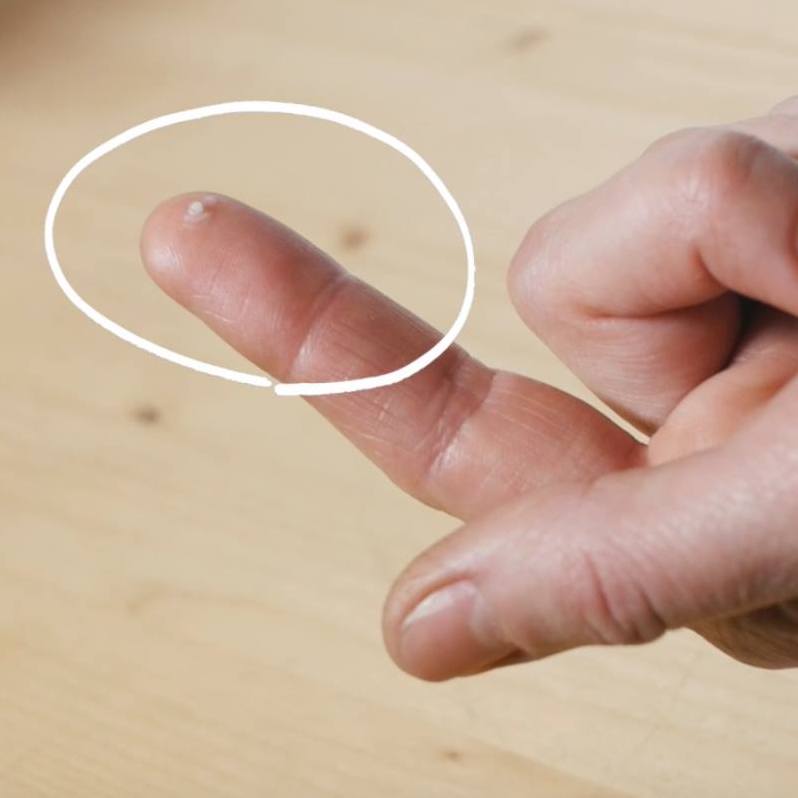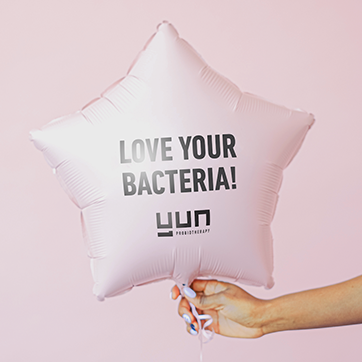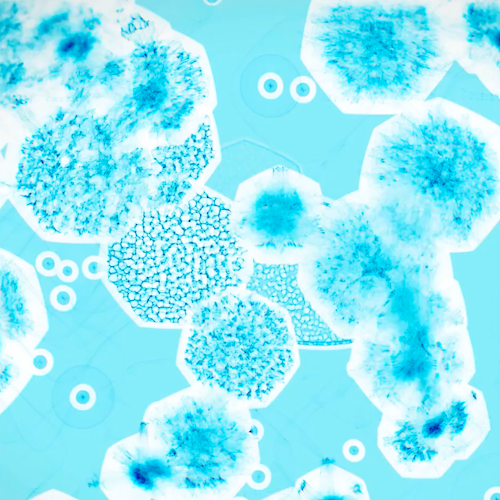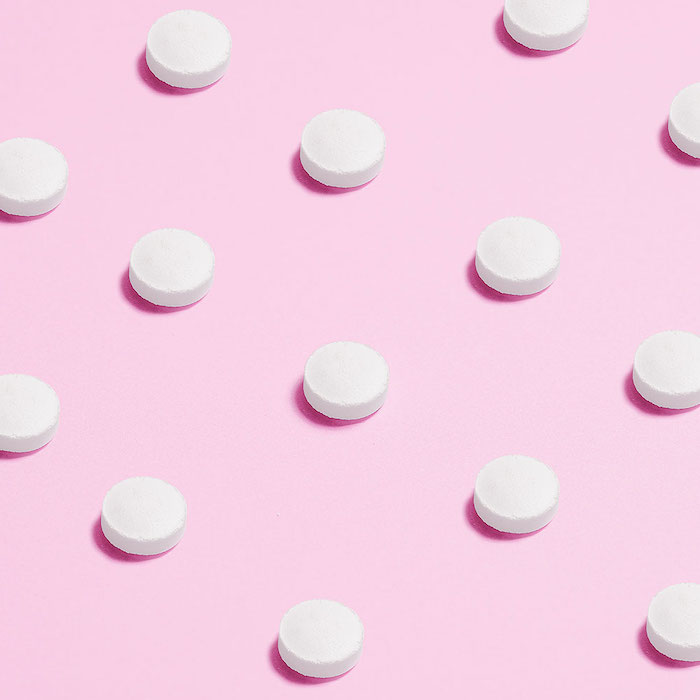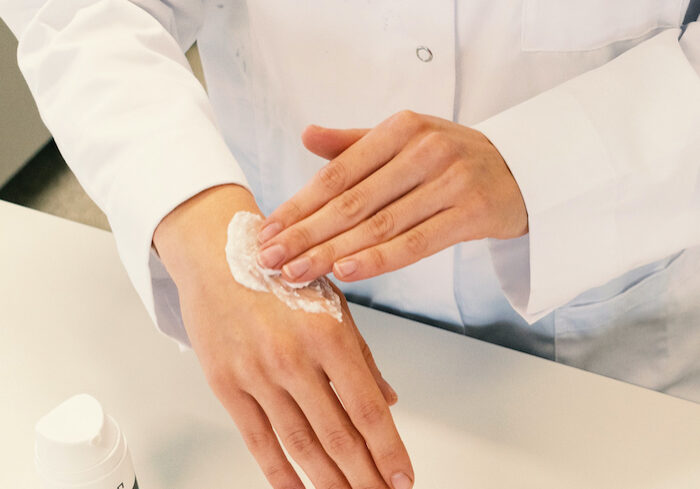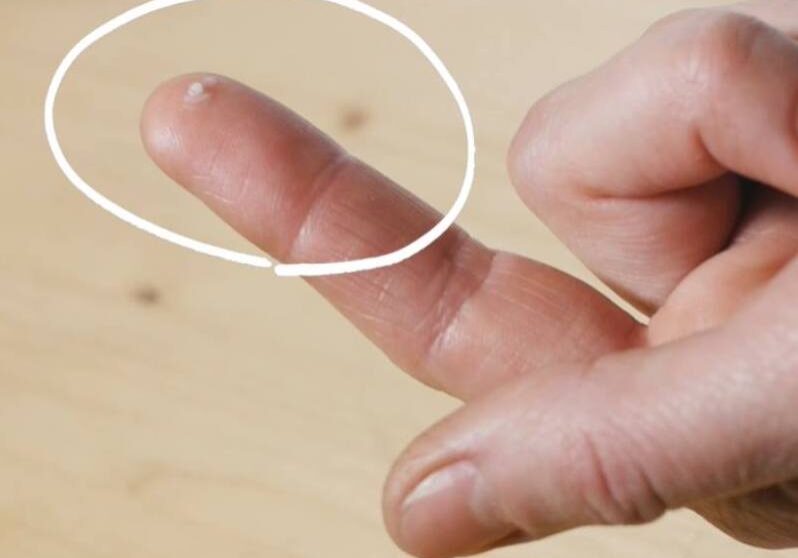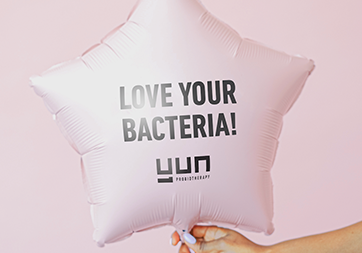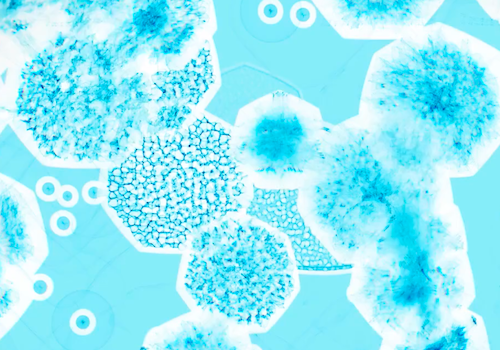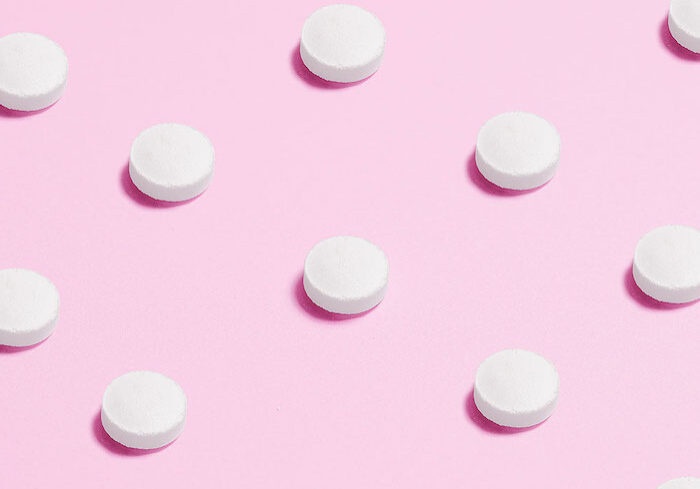
CHERISH THE BACTERIA IN YOUR BODY
It’s important that the bacterial balance in our bodies is maintained. It takes a large number of beneficial bacteria to suppress harmful ones and to keep our immune system up and running. You can preserve your bacterial balance by not killing all the bacteria in your environment and your body and by allowing useful bacteria to your body.
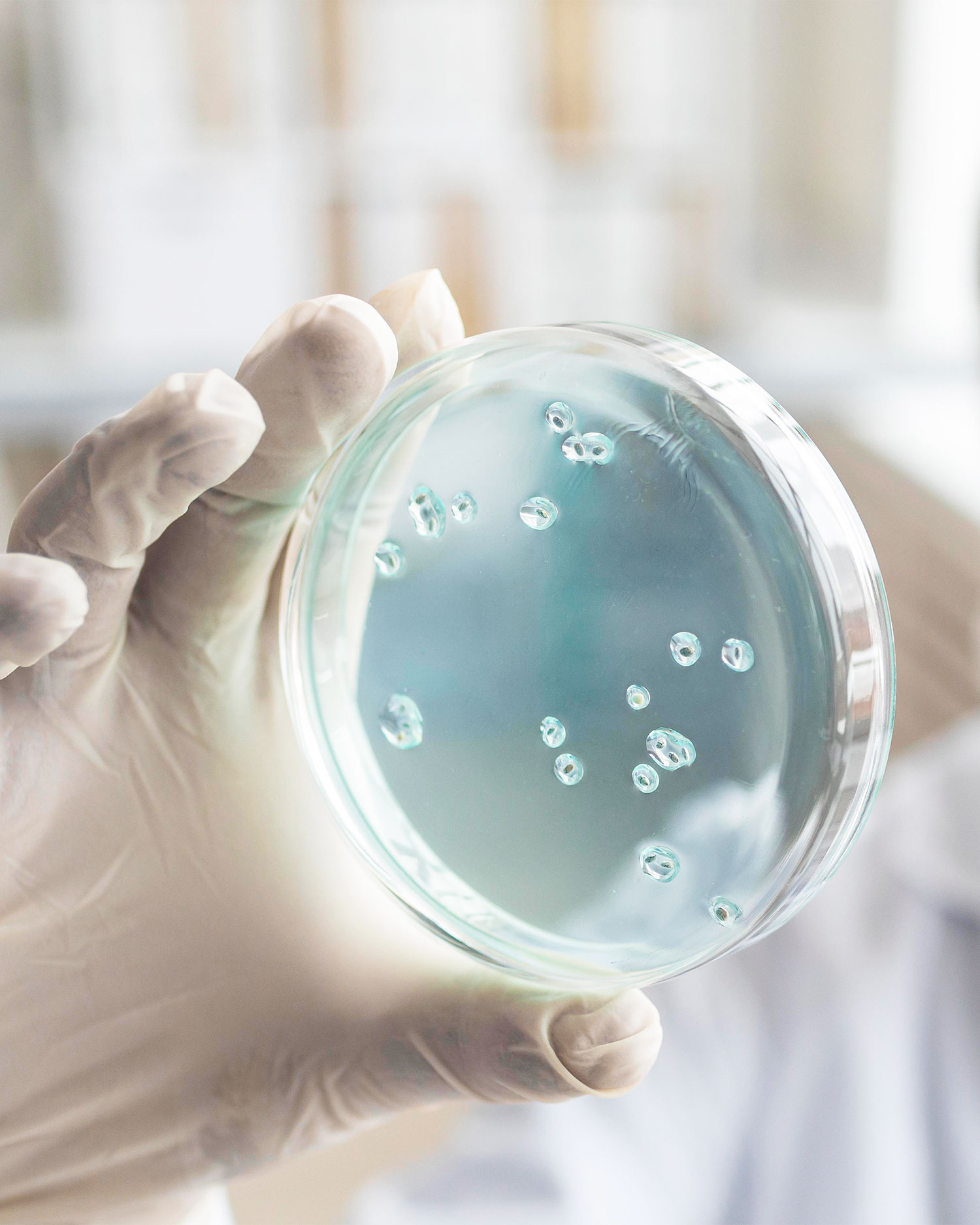
BACTERIAL BALANCE
IN THE BODY
There are billions of bacteria in our bodies. Most of them are benign. They actually perform a useful or passive function. A much smaller number of bacteria are able to cause diseases. These bacteria are called pathogens. It’s perfectly normal for the body to carry both benign and pathogenic bacteria. They live in symbiosis with one another.
In some cases your natural pathogens can cause diseases. This can happen when the bacterial balance in the body becomes disturbed. When the useful bacteria lose their majority position, the pathogens are allowed to overgrow. But as long as your friendly bacteria are dominant, they will suppress any pathogens.
BACTERIA AND THE IMMUNE SYSTEM
Exposure to bacteria, both the good and bad, is an important part of the development and maintenance of our immune system.
Exposure to bacteria prepares the immune system for responding to pathogenic intruders. When the body comes into contact with a bacterium or a virus for the first time, it is still defenseless. An infection or a disease can develop. When the immune system has already been in contact with these pathogens, it has trained itself. It is prepared to defend you against increasing pathogens.
Not only the lack of pathogenic bacteria, but also the elimination of benign bacteria will shake up the immune system. The body can suffer from chronic inflammations with allergies, modern autoimmune diseases such as diabetes, arthritis, multiple scleroses,… or even cancer as a result.

HOW TO MAINTAIN
THE BALANCE?
It’s important to keep the bacterial balance in the body up to standard. How can we do that best? By avoiding things that eliminate benign bacteria or that stimulate the production of pathogens. Allow your good bacteria to enter the body and stimulate their growth.
EFFECT OF ANTIBIOTICS
Avoid using antibacterial soaps and only use antibiotics if no other alternatives are available. Antibiotics, antibacterials and antifungals are designed to kill all bacteria, not just the bad ones, but also the good ones. And lowered numbers of friendly bacteria means any remaining harmful ones are given the chance to grow.
EFFECT OF HYGIENE
Research indicates that an environment that is too clean and free of bacteria contributes to an increased risk of obesity, cancer and heart diseases. So avoid excessive use of chemical cleaning products. Too much hygiene compels our natural bacterial population towards extinction.
EFFECT OF FOOD
Consider your eating habits. Your immune system is largely dependent on your digestive system. Digestive problems or an imbalance in the intestines will cause a reduced immune system. Healthy bowels are therefore essential to overall good health.
Support your digestion by limiting the intake of refined sugars. An excessive amount of these sugars stimulates the production of pathogenic bacteria. You can also enhance your intestines by ingesting yogurt with living bacterial cultures and by eating fermented foods. This allows us to come into contact with a bigger diversity of (benign) bacteria.
By eating (non fermentable) fibres from vegetables, fruit, bread, grain products, pulses and nuts, you will stimulate the growth of useful bacteria that keep pathogens at a distance.
Proudly mentioned in







Menu
Contact
+32 (0)3 443 04 70
info@yun.be
Galileilaan 15
2845, Niel
Belgium
Social
With the support of



